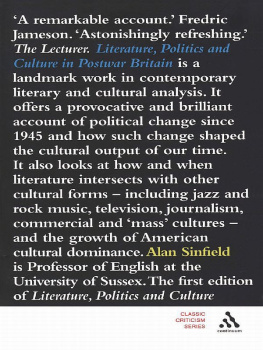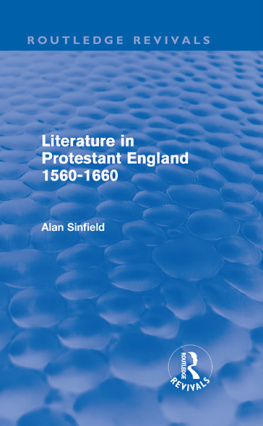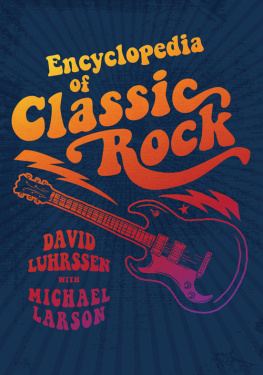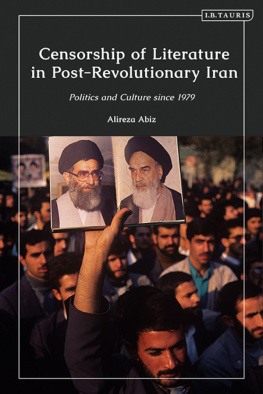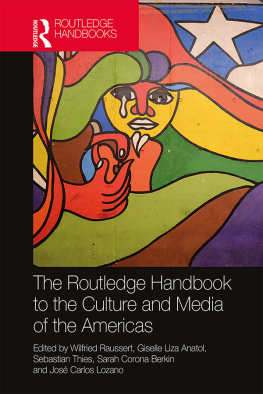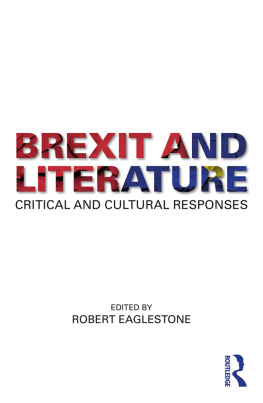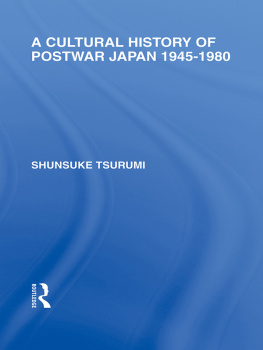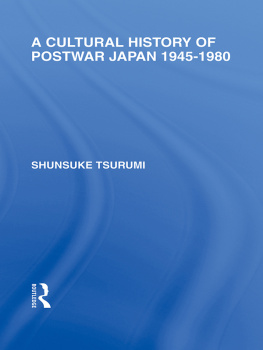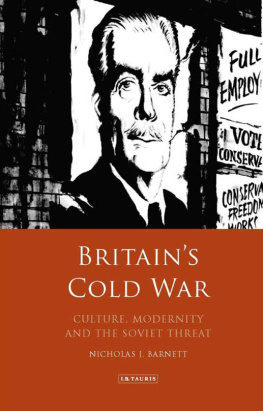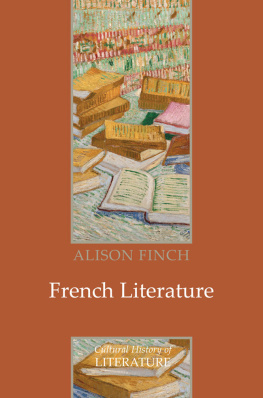LITERATURE, POLITICS AND CULTURE IN
POSTWAR BRITAIN
Alan Sinfield
LITERATURE, POLITICS AND CULTURE IN
POSTWAR BRITAIN
Alan Sinfield

Continuum
The Tower Building 15 East 26th Street
11 York Road Suite 1703
London SE1 7NX New York
NY 10010
First published 1997
by THE ATHLONE PRESS
This edition 2004
Alan Sinfield 1997
British Library Cataloguing in Publication Data
A catalogue record for this book is available from the British Library
ISBN 9780826494757
Library of Congress Cataloging-in-Publication Data Sinfield, Alan.
Literature, politics, and culture in postwar Britain / Alan Sinfield.
p. cm.
Includes bibliographical references and index.
ISBN 0-8264 7702-X (alk. paper)
1. English Literature-20th century-History and criticism. 2. Politics and literature-Great Britain-History-20th century. 3. Literature and society-Great Britain-History-20th century. 4. Great Britain-Civilization-20th century. 5. World War, 1939-1945-Influence. I. Title.
PB478.P64S5 1997
820.9358dc21 97-26568
CIP
All rights reserved. No part of this book may be reproduced,
stored in a retrieval system, or
transmitted, in any form or by any means, electronic, mechanical, photocopying, recording,
or otherwise, without the written permission of
The Continuum Publishing Company.
Acknowledgements
I am grateful to acknowledge permission to reprint copyright material as follows. To Faber and Faber Ltd for lines from Collected Poems by W. H. Auden; for lines from The Sense of Movement and My Sad Captains by Thom Gunn; for lines from Lupercal by Ted Hughes; for lines from The Whitsun Weddings by Philip Larkin; and for lines from Collected Poems by Stephen Spender. To Martin Seeker and Warburg Ltd for lines from New and Collected Poems 1934-84 by Roy Fuller; to Harper and Row Publishers Inc for lines from Lupercal by Ted Hughes (1960). Excerpts from The Unsettled Motorcyclists Vision of His Death, On the Move, and To Yvor Winters, 1955 from Selected Poems 1950-1975 by Thom Gunn, copyright 1957, 1958, 1961, 1967, 1971, 1973, 1974, 1975, 1976, 1979 by Thom Gunn, reprinted by permission of Farrar, Straus and Giroux, Inc.; excerpt from Black Jackets from Moly and My Sad Captains by Thom Gunn, copyright 1961, 1971, 1973 by Thom Gunn, reprinted by permission of Farrar, Straus and Giroux, Inc. Lines from Collected Poems by Sylvia Plath (copyright Ted Hughes, 1965 and 1981, published by Faber and Faber) are quoted by permission of Olwyn Hughes and Harper and Row Publishers Inc.; passages from The Journals of Sylvia Plath (copyright Ted Hughes, 1982, published by the Dial Press) are quoted by permission of Olwyn Hughes.
Parts of this book have been published in other versions: The Migrations of Modernism: Remaking English Studies in the Cold War, New Formations, 2 (1987); Middle-class Radicalism, Ideas and Production, nos. 10-11 (1988-9).
Note on notes
At the end of the book there is a list of books and articles cited. Page references in the text are to titles in this list; when necessary, they are specified by the name of the author, with a brief title where the author has more than one entry. Where this cannot be done economically, references are in notes at the ends of chapters. Where appropriate, either in the main text or in the list of books, the date of the first publication as well as that of the edition cited is given.
References to The politics and cultures of discord (1997) are at the end of that chapter.
A new introduction
Ideology and commitment: a personal account
For me the Second World War is not a conventional starting point: it is where my story starts. My mother, Lucy, and father, Ernie, married in 1937; he was an insurance clerk, she had been a typist in the West End. (For commentators on T. S. Eliots Waste Land, the typist home at teatime, eating food from tins, receiving a house agents clerk, and then putting a record on the gramophone is an instance of cultural dereliction; this, I always think, is how Lucy and Ernie might look like to a snobbish literary establishment.)1 suppose they were saving up before starting a family. I was born in December 1941, ten days after Pearl Harbor. For most of the war Ernie was away (in the air force); in November 1944 he was lost in action (harassing shipping off the coast of Norway). Lucy was carrying my brother Mark, who was born posthumously, in March 1945.
Lucy never got over Ernies death. In our childhood he was an absent presence, often, but not always, forbidding (Daddy never did this, wouldnt have allowed that never swore in the house, for instance). It occurs to me that to speak spontaneously and positively of him would have been too painful. Thirty years after his death, when she was in her sixties, she suddenly said: Perhaps your father and I wouldnt have got on! After all that time, it crossed her mind that the fairy-tale marriage, of which she had been cruelly deprived, might not have been there anyway. Perhaps I wouldnt have got on with him.
At about the time of Ernies death Lucy contracted Parkinsons disease. With the drugs that were then available, the apparent symptoms were loss of motor control, at times reducing walking to a shuffle, and passing at times into a trance-like state.
Parkinsons, together with the disability of not having a husband, moved Lucy, decisively, to the bottom of the pile deprived of the meretricious blandishments of the consumer society and also, largely, of the benefits of citizenship. Her social life shrank almost to nothing. She didnt much like her father and stepmother; she loved her mother, who had died when Lucy was in her early teens, and Ernies stepmother, Patience. The latter, and Ernies father Jim, lived at the top of a five storey office building in the City (Patience was the caretaker, though her legs were swollen and she could hardly manage the stairs.) From Jims roof garden we could gasp at the bomb craters all around and watch the pageantry of the Lord Mayors Show; Mark and I would walk with Jim to the river to see the Tower of London and, if we were lucky, the opening of Tower Bridge. Lucys brothers and Ernies sister were also good to Mark and myself, and invited us at Christmas and Easter. Her pre-war friends got married and moved away. One or two neighbours and teachers were kind.
The 1950s were not a good time to be a lone parent. Going out was organised around couples; in a middle class neighbourhood it wasnt possible for a young woman to drop in on people, or to go into a pub. Lucys impediments made it hard for casual acquaintances to appreciate her dry humour, her practical wisdom, her slightly quaint vocabulary, her belief in decorum and decency, and her capacity for love. Her life became focused on Mark and myself. At the time we took it for granted, but she made for us a secure, structured and remarkably full family life. Living on the war widows pension and family allowance, we were poor and could never forget it. Clothes were often second hand; we walked to the next bus stop to save a penny; when carol singers came round at Christmas we turned off the light, so we wouldnt have to open the door and give them money. Nonetheless, Lucy thought of games to play, things to eat, places to go. We borrowed books from the Library; we collected (stamps, matchboxes, cigarette packets, cheese labels). We even went to West End shows Whitehall farces and Agatha Christie mysteries (we saw The Mousetrap in 1954, when it was in its second year). For six or eight years we spent two idyllic summer weeks at Prestatyn Holiday Camp. Lucy encouraged our attempts to make music (Ernie had played several instruments and sung with the Royal Choral Society) and, above all perhaps, she encouraged us to do well at school, though she had had little joy there herself. Mark and I could read by the time we reached school: we learnt by watching the page as Lucy read Enid Blyton aloud.
Next page
